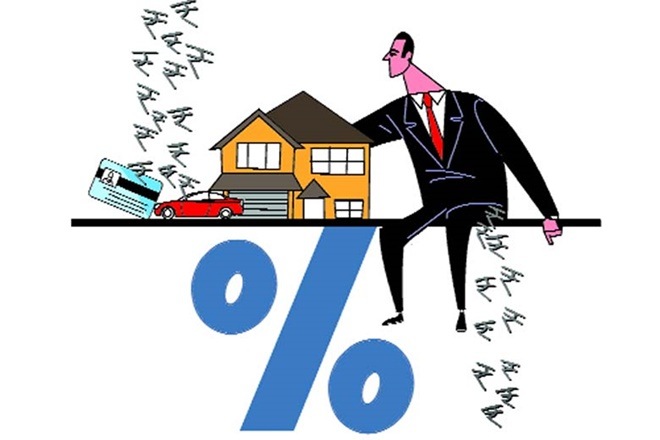Credit score is perhaps the largest influencer of a loan approval or rejection. Not just that, it also influences the cost of borrowing, how much an individual can borrow, and how flexible the loan terms are. This is true for all forms of credit, be it secured or unsecured. A lot of factors are accounted for while computing an individual’s credit score. While repayment histories and Credit Utilization Ratios form the largest pieces of the pie, the total outstanding credit balance, number of credit accounts, and bureau inquiries are significant parts as well.
Borrowers have often posed the question of whether or not multiple inquiries negatively impact their CIBIL score. Well, the answer is YES – multiple credit inquiries do have an adverse impact on consumer credit scores.
When you apply for any form of credit, while it is true that lenders mainly look at your credit score and repayment history, they also look at the number of inquiries made on your profile in recent months. The fundamental problem with multiple inquiries is that they represent significant credit risk, often prompting rejection.
Credit inquiries are basically of two types – hard inquiries and soft inquiries. Before we go on to understand why and how inquiries impact your credit score, let us first look at what these two types of inquiries mean.
Soft Inquiries vs Hard Inquiries – What you should know
A soft inquiry is an inquiry that isn’t registered on your credit report. Soft inquiries are typically run by lenders on existing customers to see if you qualify for certain credit products or offers. For instance, your bank might perform a “soft pull” to see if your credit limit can be increased or if you qualify for select offers based on your current credit standing. Soft inquiries aren’t detrimental to your credit health and applying for new credit won’t allow lenders to know of any soft pulls that might have taken place in the past.
A hard inquiry, on the other hand, gets registered on your credit report. Lenders go-in for a “Hard Pull” when they want to evaluate your credit report to make a subsequent lending decision. Hard pulls occur when you send in your application for personal loans, credit cards, home loans, car loans or property loans – literally every legit form of credit you apply for. That said, stray instances of hard pulls won’t essentially bring down your credit score by a massive margin – meaning that if you wish to apply for a new credit card whilst already holding 2-3 cards, an ensuing hard pull is unlikely to adversely impact your credit score to turn a lending decision against you. Hard inquiries, unlike soft inquiries, can be viewed by you in your credit report and don’t disappear with time.
The fundamental problem with multiple hard inquiries is that they influence lenders to form a negative impression about you credit behaviour. Too many hard inquiries over a short time-period showcase you as a credit-hungry customer with a consequently high risk-quotient. When faced with high-risk profiles, most lenders choose to reject, or at best offer a super-high rate of interest – either way, clearly unfavourable to the customer. Lenders who’ve leveraged technology and advanced algorithms to evaluate consumer profiles more accurately lay phenomenal emphasis on the number of credit inquiries that’ve occurred in the past (last 6 months at least).
While it is true that multiple inquiries by themselves have a negative impact, they directly influence rejection, and rejections can be very damaging to your CIBIL score. So, if you’re wondering why your score has stooped to below-par levels, it is a combined effect of multiple inquiries and ensuing rejections, if any have occurred. That said, in order to avoid the insidious fallouts of multiple inquiries, it is recommended that you carefully look at the lender’s terms and eligibility criteria, and avoid applying with too many lenders simultaneously with a view to get approved by at least one lender.
Importantly, applying with DSAs or external agents can potentially increase the number of hard inquiries in your report. These parties often send-in your application to multiple lenders simultaneously and before you know it, your report would’ve thrown-up 3+ inquiries in the span of 1 month.
(By Aditya Kumar, Founder & CEO, Qbera.com)


